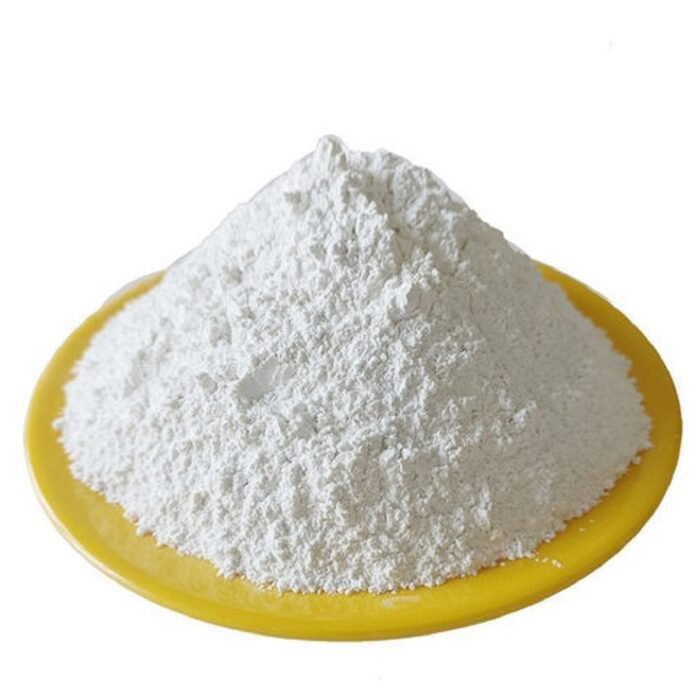Calcium carbonate is a fundamental compound with a wide range of essential roles in nature. Found in rocks, shells, and even the bodies of living organisms, it significantly impacts various natural processes. Understanding its importance helps us appreciate how this simple substance shapes our world.
Natural Occurrences
Calcium carbonate is widely present in nature. It is the main component of limestone, marble, and chalk. These rocks form through natural processes, such as the accumulation of shells and coral in marine environments. Over time, pressure and temperature transform these materials into sedimentary rocks. This process is crucial for creating landscapes and geological formations that we see today.
Role in Marine Life
In marine environments, calcium carbonate plays a vital role. Many marine organisms, such as corals, mollusks, and certain algae, use calcium carbonate to build their shells and skeletons. Corals, for example, form coral reefs, which are essential ecosystems for countless marine species. The calcium carbonate helps them create strong, protective structures that support their survival and growth.
Environmental Impact
Calcium carbonate also helps regulate carbon dioxide levels in the atmosphere. It acts as a natural carbon sink, which means it absorbs carbon dioxide from the air and stores it in solid form. This process occurs when calcium carbonate dissolves in water, forming calcium bicarbonate. When marine organisms use calcium carbonate, they effectively remove carbon dioxide from the atmosphere. This natural regulation helps mitigate climate change by reducing greenhouse gases.
Use in Soil and Agriculture
In agriculture, calcium carbonate is important for soil health. It is commonly used to improve soil quality by adjusting pH levels. Soils that are too acidic can hinder plant growth and reduce crop yields. Adding calcium carbonate, also known as agricultural lime, neutralizes the soil’s acidity, making it more fertile and better suited for growing crops. This use enhances soil structure, promoting healthier and more productive farming practices.
Industrial Applications
Calcium carbonate has numerous industrial applications. It is used in the production of cement and as a filler in products like paint, rubber, and plastics. Its versatility makes it a valuable material in various industries. Calcium carbonate powder, for example, is a key ingredient in many industrial processes due to its ability to enhance product properties and performance.
Sourcing and Supply
In India, calcium carbonate is produced by several manufacturers who supply this essential compound for various uses. The quality and purity of calcium carbonate powder from these manufacturers are crucial for its effectiveness in both industrial and agricultural applications. Proper sourcing ensures that the compound meets the required standards for different uses, contributing to its broad utility.
Conclusion
Calcium carbonate is more than just a common substance; it plays an indispensable role in nature. From shaping landscapes and supporting marine life to enhancing soil health and serving industrial purposes, its impact is profound. Understanding its importance helps us recognize the interconnectedness of natural processes and the ways in which this simple compound supports life and industry.


